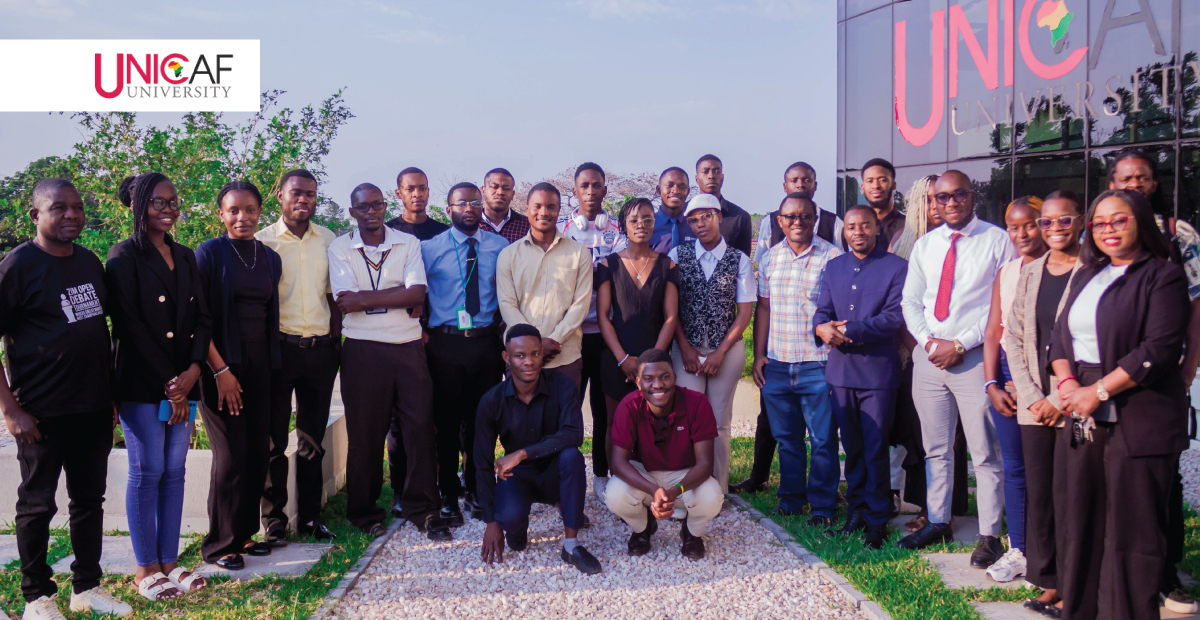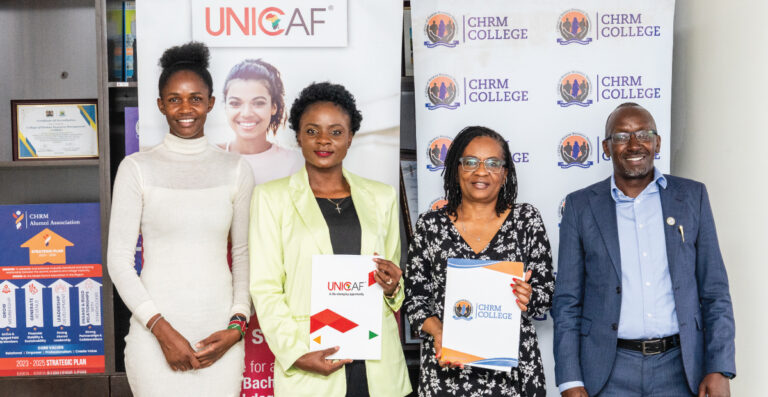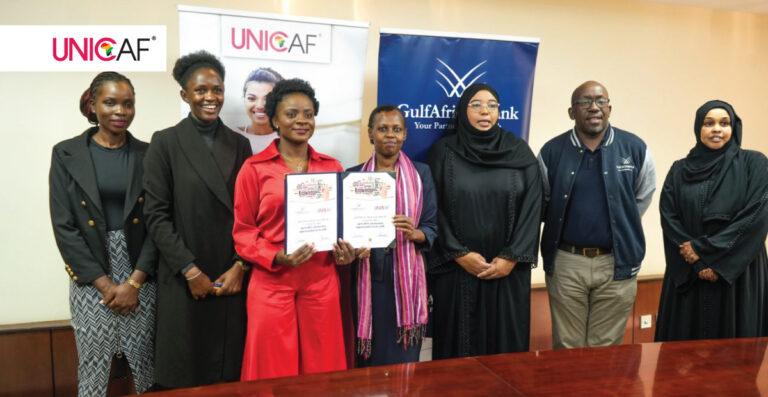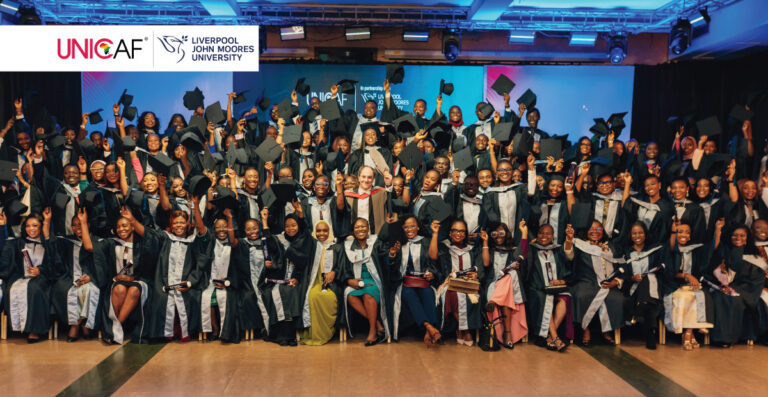Unicaf University organised a Round Table Debate on the theme “Artificial Intelligence and Human Identity: Are We Losing Ourselves?”. The event, held in hybrid format at the Unicaf University Campus in Zambia and online, brought together students, lecturers, expert contributors, and external stakeholders for a stimulating discussion on the ways in which artificial intelligence is shaping contemporary society.
The debate was designed to provide a platform for thoughtful engagement with one of the most pressing questions of our time: how the rapid advancement of artificial intelligence affects human identity, ethics, culture, and psychological well-being. In doing so, it created opportunities for meaningful exchange between students of different institutions, academics, and professionals.
Attendance reflected wide interest in the topic, with many participants present on campus, including students from the University of Zambia, Apex Medical University, and Unicaf University, alongside lecturers and invited stakeholders. Even more participants joined online, ensuring perspectives from beyond the immediate campus community were also represented. This blend of in-person and virtual contributions created a dynamic environment where ideas could be shared and challenged in real time.
Audience engagement was a defining feature of the event, with attendees in the hall and online contributing questions and reflections that expanded the scope of the conversation. Their interventions demonstrated strong interest in connecting theoretical perspectives on AI with the lived realities of education, work, and culture. The closing reflections from expert panelists added further depth, linking student contributions to ongoing global debates and professional practice in the field.
The outcomes of the debate were significant. The event deepened awareness of how artificial intelligence influences human identity, encouraged closer collaboration between universities, and strengthened the skills of students in research, public speaking, and critical analysis. By creating an inclusive and intellectually rigorous forum for debate, Unicaf University once again demonstrated its commitment to nurturing curiosity, encouraging dialogue, and preparing students to think critically about the challenges and opportunities of the modern world.




